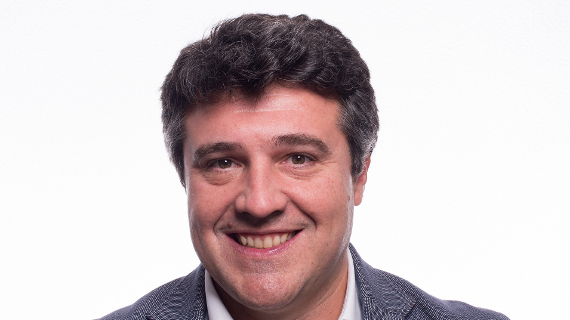David Herrera
How to improve the results of periodontal treatment: adjunctive therapies

- Full-time professor of Periodontology, University Complutense of Madrid (UCM)
- Associated Dean for Clinics (UCM)
- Co-director of the Graduate Program in Periodontology (UCM), accredited by European Federation of Periodontology (EFP)
- President of the Spanish Society of Periodontology (SEPA, 2013-2016)
- President of the Continental European Division (CED) of the International Association for Dental Research (IADR)
- Vice-president of the Periodontal Research Group (PRG) of the International Association for Dental Research (IADR)
- Scientific activity within Periodontal & Periimplant Etiology, Therapy, Microbiology and Antimicrobials: more than 100 scientific publications in JCR journals
Nationality: Spain
Scientific areas: Periodontology
16 of november, from 17h30 until 19h00
Sala 1
Conference summary
Periodontitis are inflammatory diseases of infectious nature, due to the presence of bacterial biofilms in the subgingival area. In a healthy situation, dental biofilms will coexist in homeostasis with the periodontal tissues, and their immune system. However, different factors can lead to the dysbiosis between the bacterial species present in the subgingival pocket and the host immune system, that will finally lead to the progressive destruction of the periodontal tissues.
Periodontal therapy aims at controlling periodontal biofilms, and mechanical debridement represents the basic component of initial therapy. However, different limitations may influence the clinical outcomes, including a limited microbiological effect, especially on some periodontal pathogens. In order to overcome some of these limitations, different approaches have been proposed, including the use of adjunctive therapies, advanced technologies, advanced diagnostic approaches, alternative disinfection strategies and improvement in risk factor control. Among them, in this presentation, adjunctive approaches will be discussed, including the use antimicrobials (local, systemic or topical), probiotics, host modulators, anti-inflammatories, etc.
Scientific sponsor